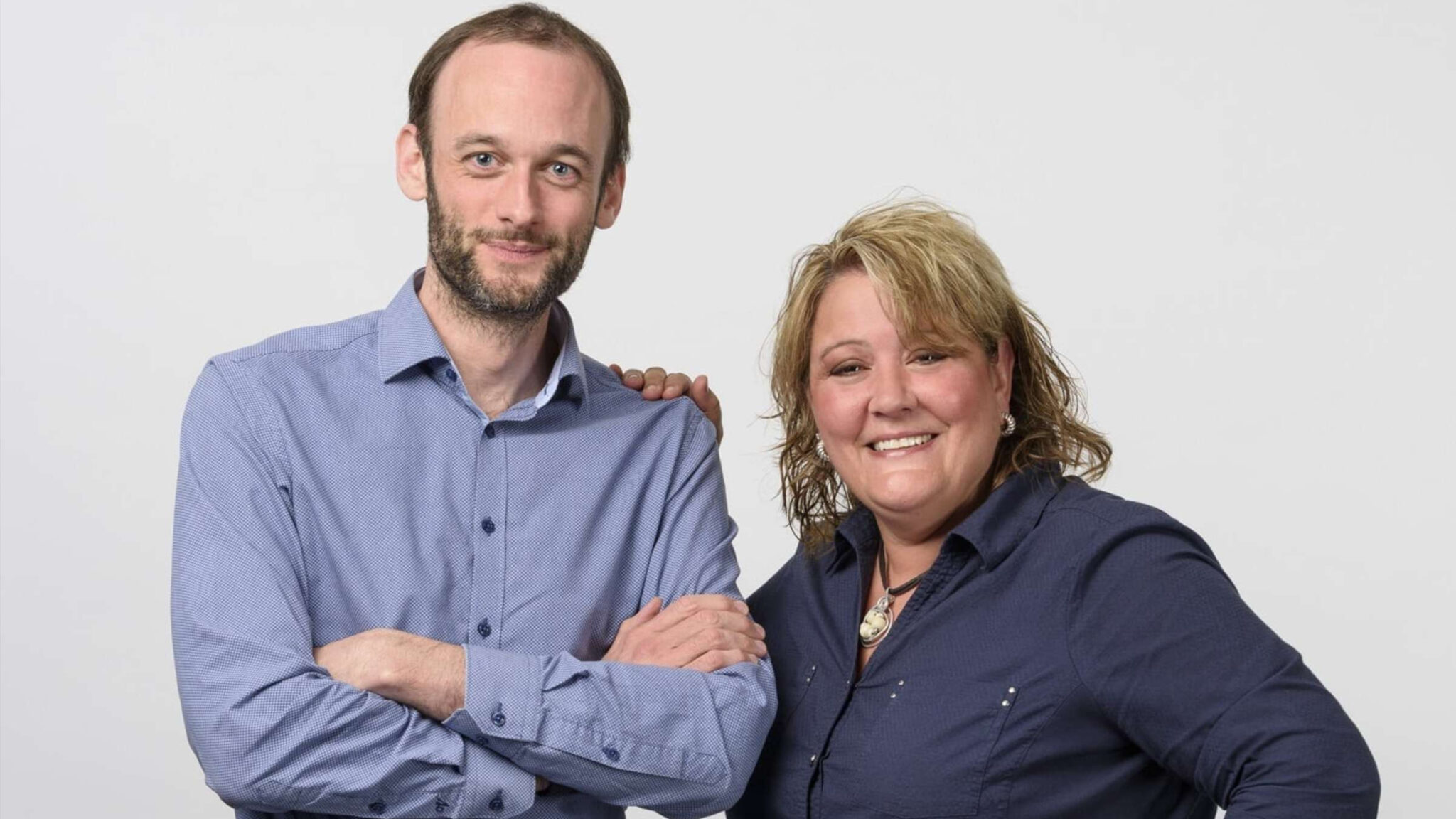
Jonathan Montagu (L) and Gerry Harriman, HotSpot co-founders
HotSpot gets hotter with $100M raise to push toward clinic
HotSpot Therapeutics, the allostery-focused biotech that works on what it calls “natural hotspots” — hence the name — is getting a bit hotter in its valuation from …
Sign up to read this article for free.
Get free access to a limited number of articles, plus choose newsletters to get straight to your inbox.